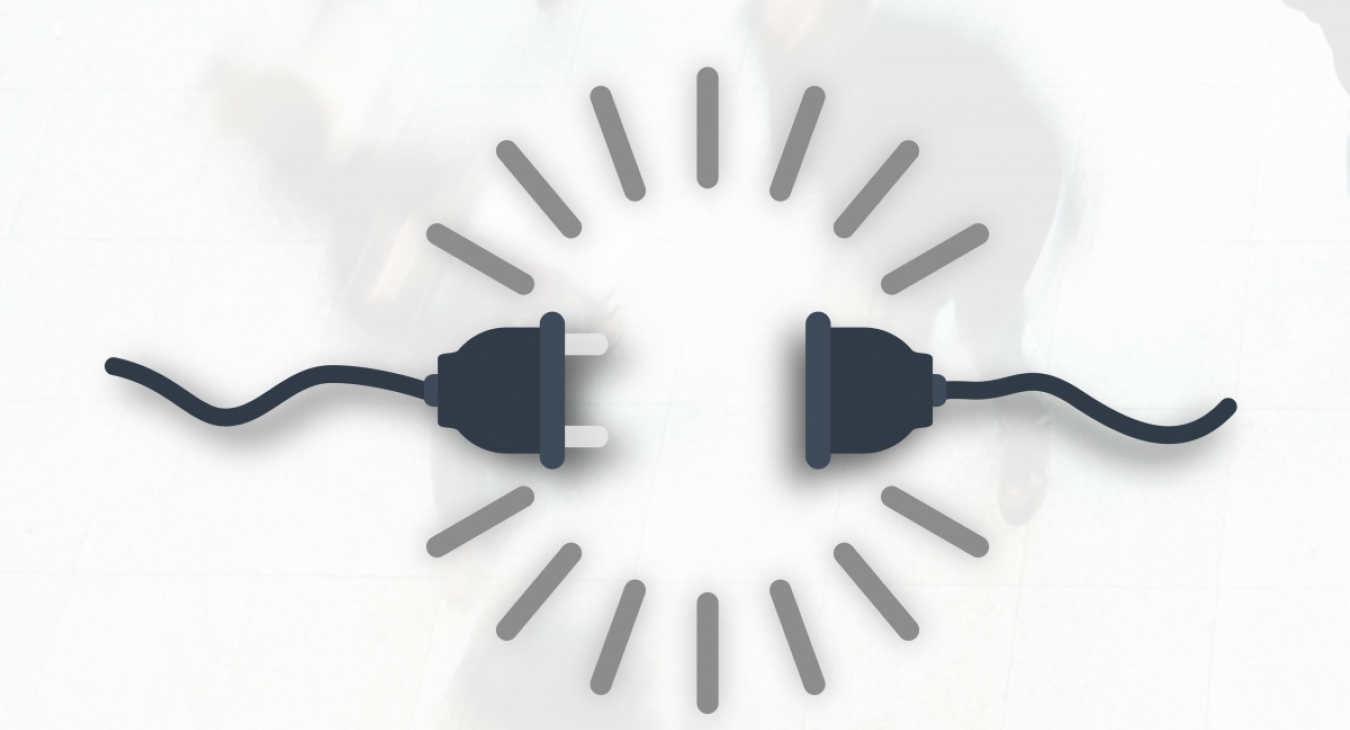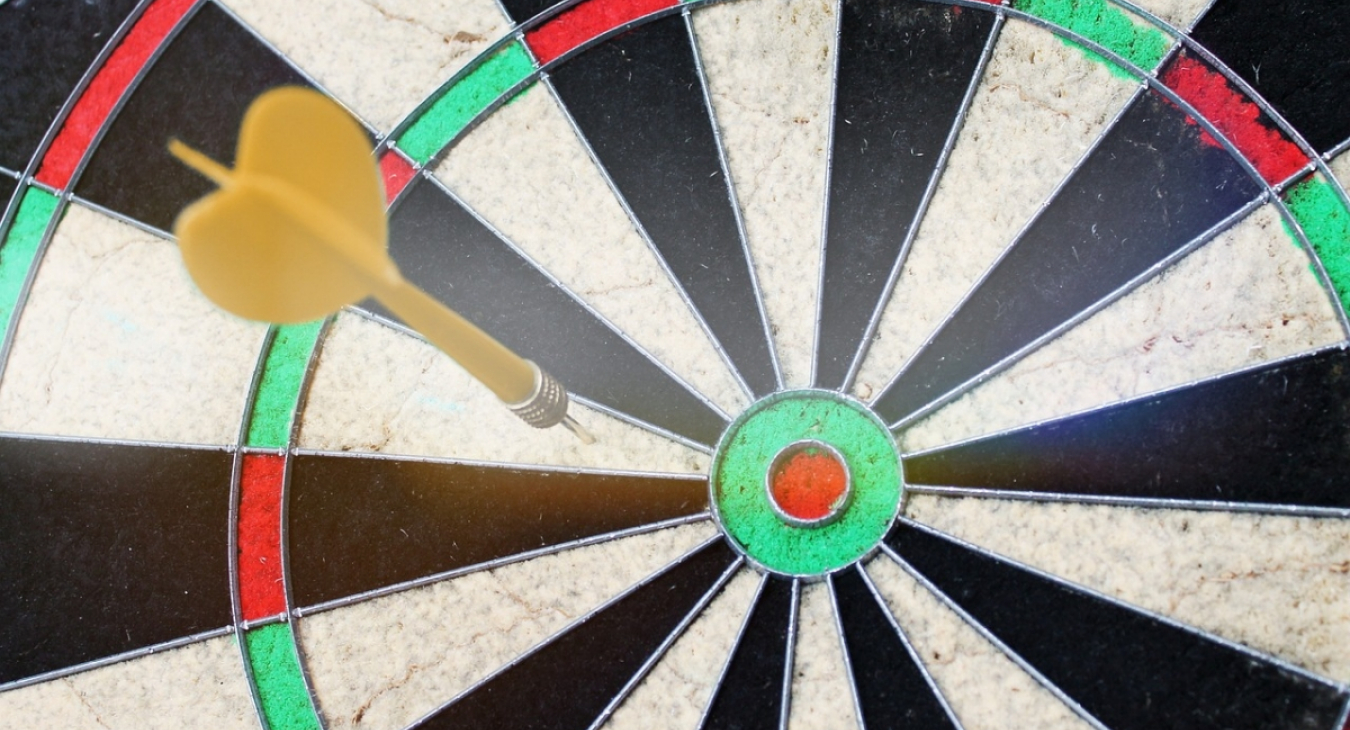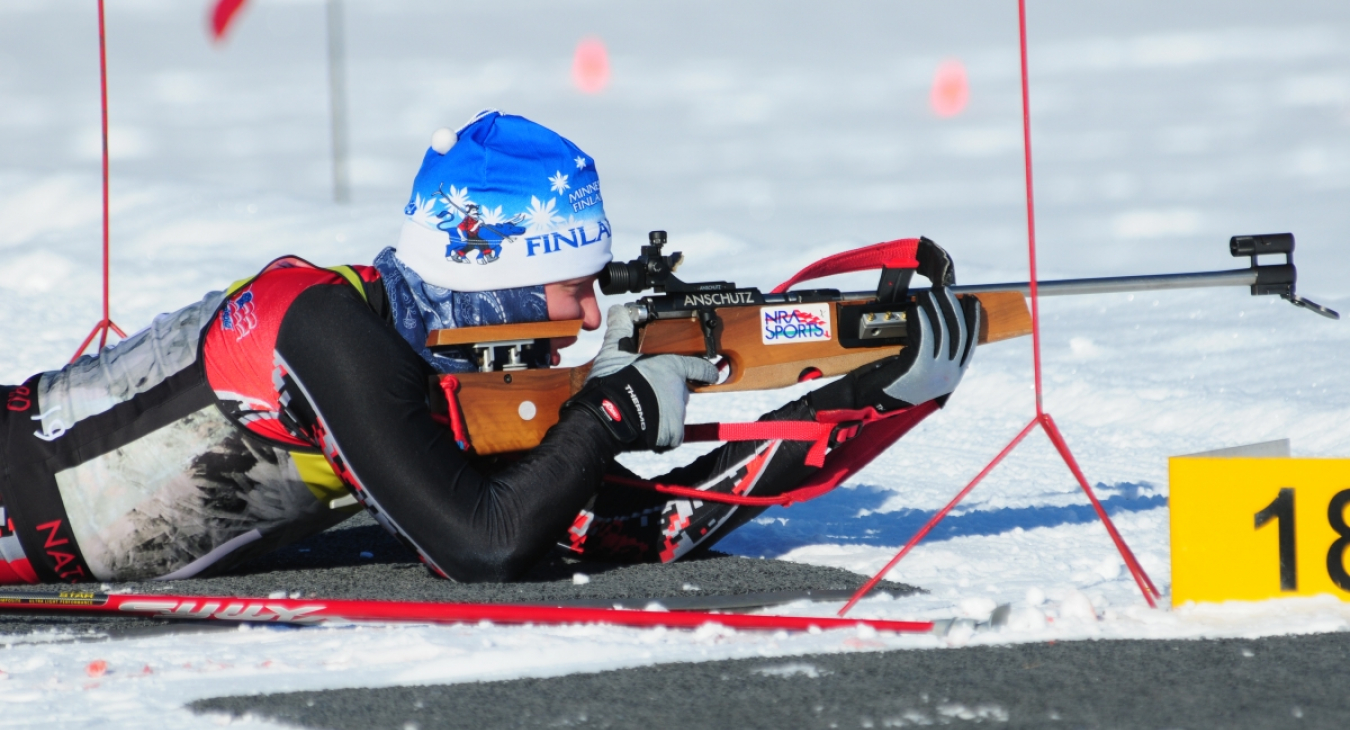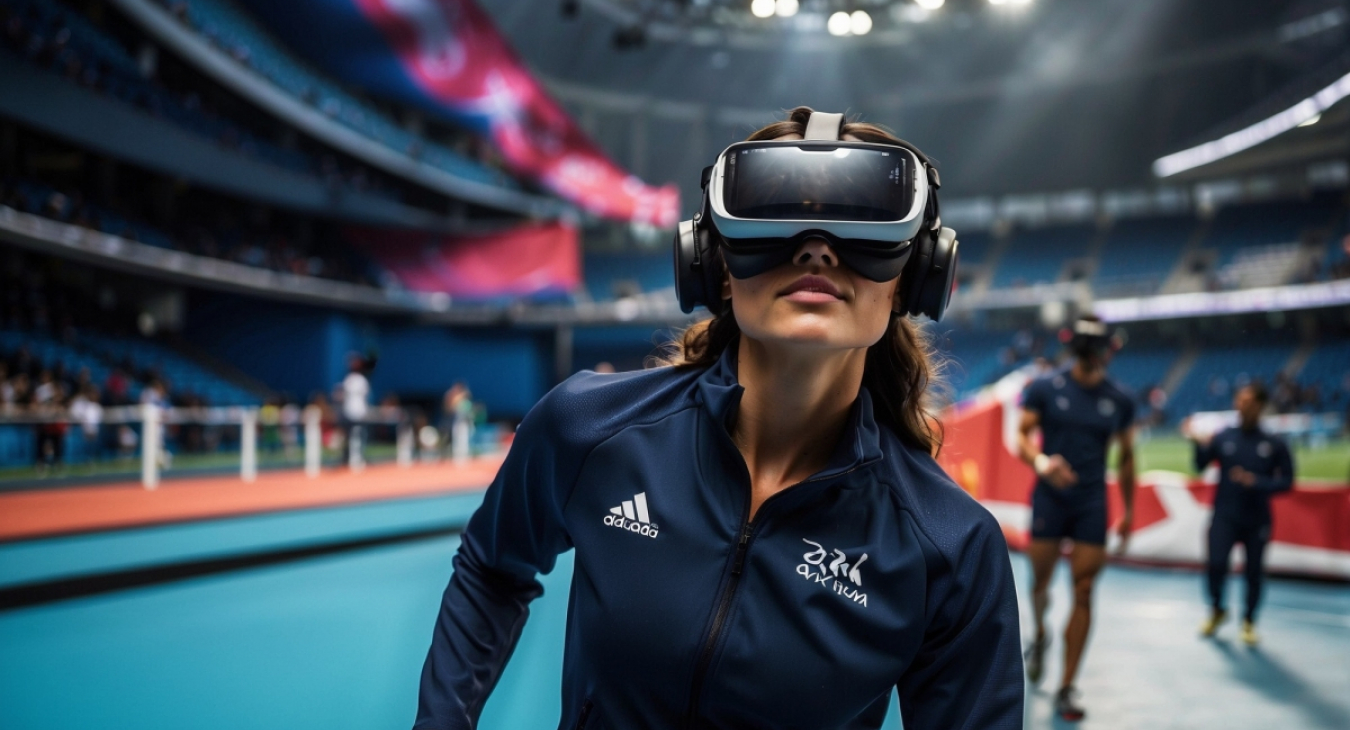Issue 09/2024
Issue 08/2024
Issue 06/2024 - Special Issue on Sport Psychology
Heart Rate Variability (HRV): How Olympic athletes can use the heart-mind connection to boost their performance
There is no place like home – How the French crowd may impact the athletes at the Paris 2024 Olympic Games
Essential Psychological Aspects of the Olympic Mind
Players behind the scenes: How parents join their children’s road to the Olympics
Use your breath to gain a performance advantage
The role of others' presence in sport performance under pressure
Thinking gold: the link between cognition and performance in olympic athletes
Sleep before, during and after the Olympic Games: an important determinant of sports performance
Editorial: Mastering the Olympic Mind - The psychology behind peak sports performance
Psychological Aspects of Elite Performance in New Olympic Disciplines: The Case of Climbing
Unlocking the power of sports: the impact of Olympic values in prison rehabilitation
Virtual reality training in Olympic sports: Promises and pitfalls
In the shades of the rings – experiences of interpersonal violence in elite sports
Issue 05/2024
Issue 04/2024
Issue 03/2024























